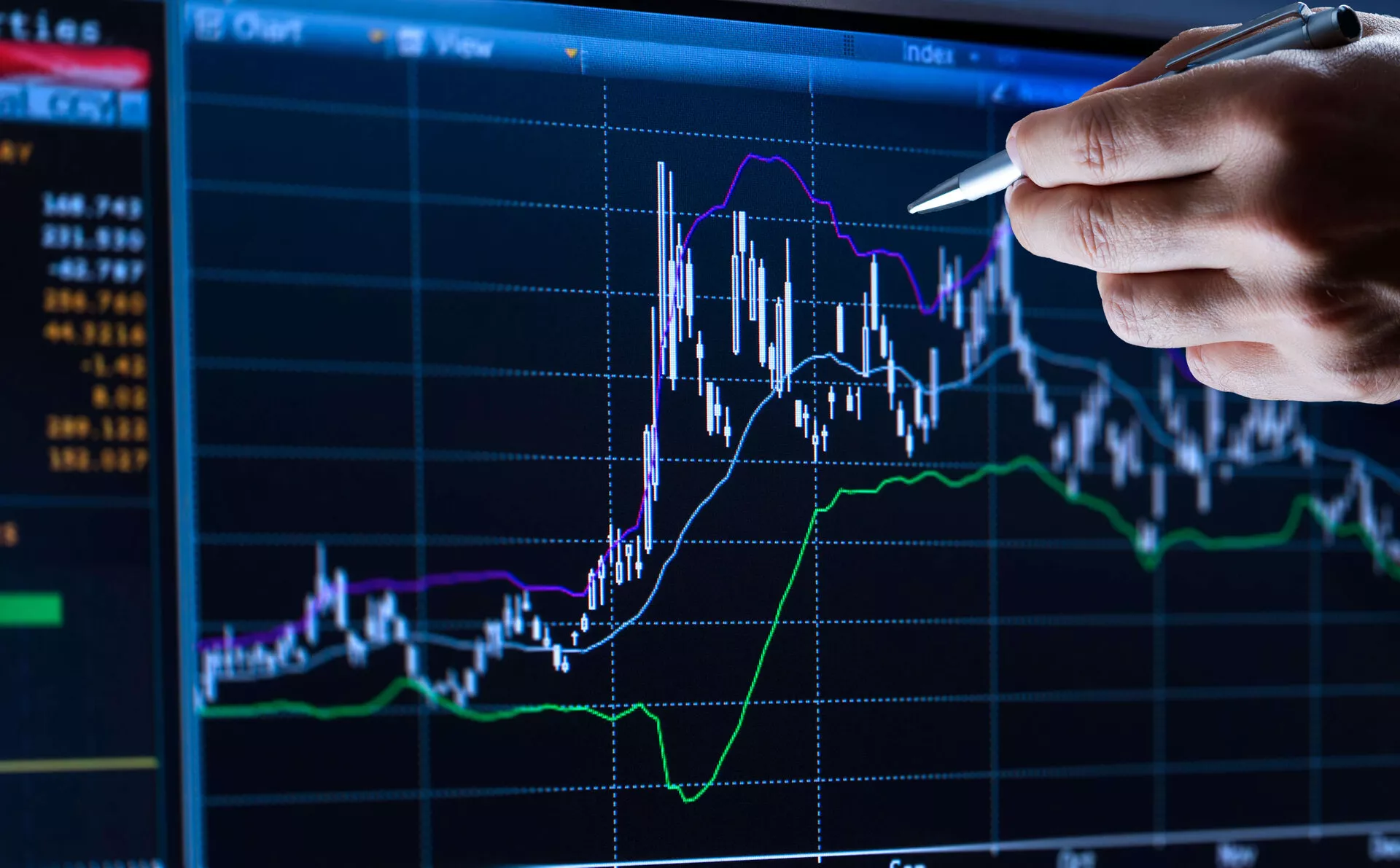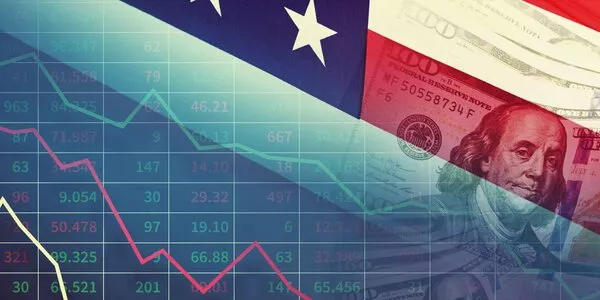
Weekly Update - Euro area: Downside surprises on growth and inflation
Germany in technical recession. Revised figures for the German economy show that Germany has actually been in recession since the end of last year, posting two successive quarters of negative growth: -0.3% in Q1 2023 following -0.5% in Q4 2022. Two main factors explain this. First, Germany felt the full force of the energy shock that hit European industry due to its particularly deep reliance on Russian energy and its industry-heavy economy. Second, German household consumption has fallen sharply. Inflation may have affected families’ purchasing power throughout the euro area, but Germans have been especially hard hit with inflation peaking above 11.5% and only modest public mitigation measures. By way of comparison, French inflation peaked at “just” 7.3%.
This reflects a deterioration of the euro area economy, which will continue to be offset by major support factors. The slump in Germany is mirrored, to a lesser extent, in the euro area’s other economies, leading to a decline in the surprises index. For one thing, industry across the world is struggling and likely to continue to struggle based on latest purchasing manager surveys (manufacturing sector PMI). What is more, household consumption looks fragile everywhere, particularly in products that have seen the biggest price surges. That said, households should enjoy a better environment for the next few months. Inflation is now falling steeply and will take less of a bite out of purchasing power. And strong labour markets look set to remain strong thanks to a still buoyant climate for services, which should keep wages rising, Surveys (service sector PMI) continue to flag a good outlook for services – still the dominant sector in all economies, including Germany’s.
ECB will welcome the ongoing fall in inflation but remain watchful. First May figures confirm the downtrend in euro zone inflation. Inflation was 6.3% in Germany, 5.1% in France and just 3.2% in Spain, a sharp drop from the peaks seen late last year and from the prior month. This welcome trend should continue with the decline in production prices, particularly for energy. This mixed news on the economy and confirmation of falling inflation is further evidence that the ECB is getting ever nearer the top of its rate-hiking cycle. However, the Bank will not be dropping its guard until underlying inflation is back down at more comfortable levels.
Finally, in the main events of the week, we have chosen to talk about the crush on Artificial Intelligence and to focus on PMIs in China.




